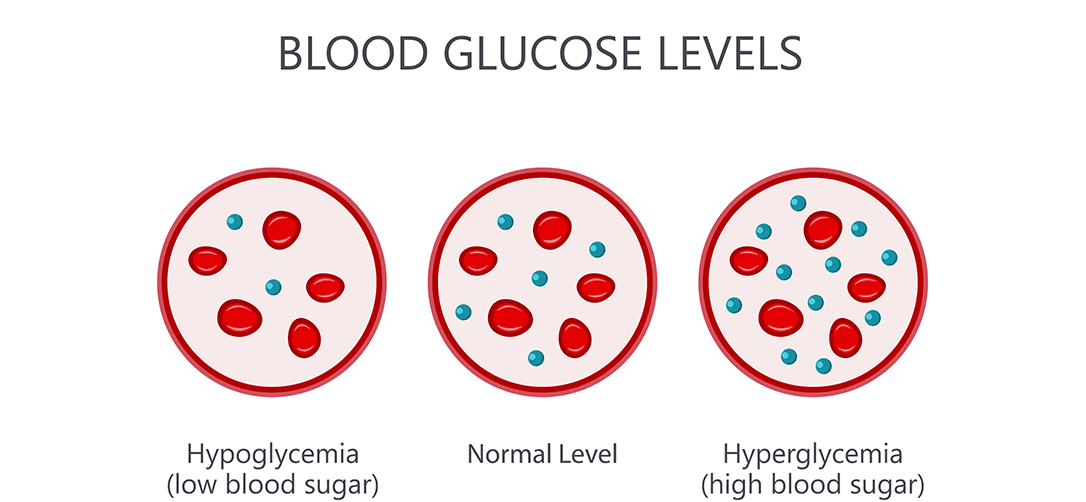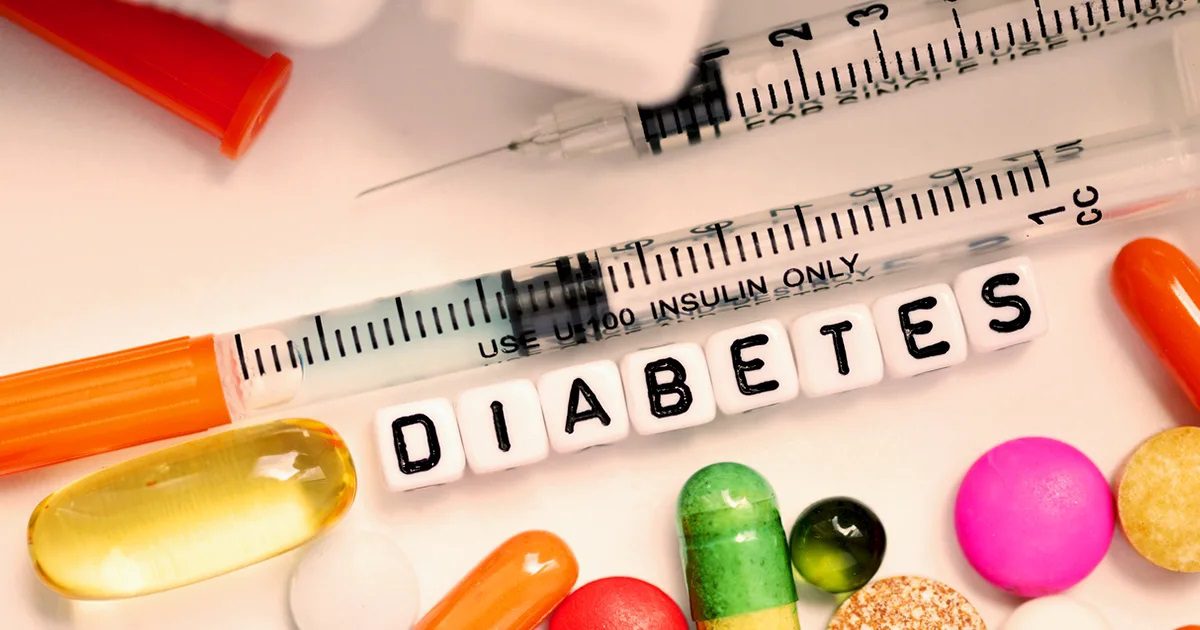WHAT IS AN INSULIN TEST?
This test determines how much insulin is in your blood. Insulin is a hormone that aids in the glycolytic pathway (blood sugar) from the bloodstream to the cells. Glucose is derived from the foods and beverages you consume. It is the primary source of energy for your body. Insulin is essential for maintaining proper glucose levels. Too much or too little glucose might result in major health concerns. Non-normal glucose levels are referred to as:
- Hyperglycemia is defined as high blood glucose levels. It occurs when your body produces insufficient insulin. Glucose cannot enter your cells if you don’t have enough insulin. Instead, it persists in the bloodstream.
- Hypoglycemia is defined as low blood glucose levels. When your body releases too much insulin into your bloodstream, too much glucose enters your cells. This results in less blood in the system.

The most common cause of elevated glucose levels is diabetes. Diabetes is divided into two categories.
- Diabetes Type 1: Your body produces very little or no insulin if you have type 1 diabetes. Hyperglycemia can result from this.
- Diabetes Type 2: Your body may still be able to produce insulin if you have type 2 diabetes, but your cells don’t respond well to it and can’t efficiently absorb enough glucose from your blood. Insulin resistance is the term for this.
WHEN IS AN INSULIN TEST CONDUCTED?
If you have hypoglycemia (low blood sugar) symptoms, you may need an insulin blood test. Among them are:
- Sweating
- Sweating
- Heartbeat irregularity
- Confusion
- Dizziness
- Vision is hazy.
- Extreme hunger
This test may be required if other tests, such as a blood glucose test, indicate that you have low blood sugar.
TEST PREPARATION AND SAMPLE
You’ll probably need to fast for eight hours before the test (no food or drink). A tiny needle will be used to draw blood from a vein in your arm by a health care provider. A small amount of blood will be collected into a test tube or vial once the needle is inserted. When the needle goes in or out, it may sting a little.

WHAT DO THE TEST RESULTS MEAN?
If your insulin levels are abnormally high, you could have:
- Diabetes type 2
- Insulin resistance
- Hypoglycemia
- Cushing’s syndrome – an adrenal gland condition. The adrenal glands produce hormones that aid in the breakdown of fat and protein in the body
- Insulinoma – a tumor that develops in the pancreas (pancreatic tumor)
If your insulin levels are too low, you may have:
- Hyperglycaemia (high blood sugar)
- Diabetes type 1
- Pancreatitis – a pancreatic inflammation
INSULIN TEST IN THE AWAM LAB IN GUJRAT
Maintain your health and understand your Insulin levels by using Awami lab Insulin test services in Gujrat. We aim to give the best lab services in Gujrat by delivering accurate test result reports on time. Our goal is to provide the best lab services in Gujrat to our customers. So, contact Awami lab in Gujrat for the Insulin test and enjoy a safe and healthy health care routine.





1 Comment